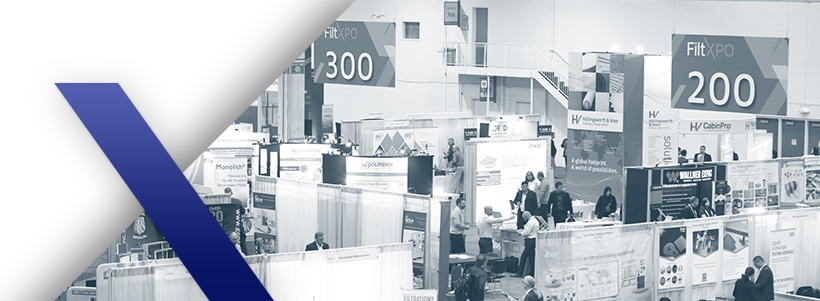Conference Speakers

John Oliver
International Business Development Manager, InBiot Monitoring SL
BIOGRAPHY
John Oliver is the International Business Development Manager at inBiot, a leading company specializing in advanced filtration and air quality solutions. With a strong background in international business development and technical sales, John has been instrumental in expanding inBiot’s presence into global markets. His expertise lies in identifying key international partnerships, driving strategic growth, and fostering innovation in IoT technologies for IAQ to meet the ever-growing demand for cleaner, healthier indoor environments.John works closely with both technical and commercial teams, ensuring that inBiot’s cutting-edge solutions reach diverse sectors, including industrial, healthcare, and residential applications. Passionate about sustainable practices and innovation, John is dedicated to addressing global air quality challenges through strategic collaboration and advanced filtration solutions.
9:10 am - 10:40 am
Advancing Healthy Buildings through Real-Time Indoor Air Quality Monitoring
The global push for healthier indoor environments has underscored the importance of real-time, precise indoor air quality (IAQ) monitoring in promoting occupant health, productivity, and energy efficiency. InBiot Monitoring, a leader in advanced IAQ technology, is at the forefront of addressing these priorities through innovative sensor solutions that track critical environmental parameters within built spaces. In this presentation, we will explore the integral role of advanced IAQ monitoring systems in fostering healthier building environments, with a focus on applications in energy management, building automation, and broader impacts on occupant well-being. With a foundation in state-of-the-art monitoring devices that capture a comprehensive range of indoor pollutants—such as particulate matter (PM), volatile organic compounds (VOCs), formaldehyde, CO₂, and temperature and humidity—InBiot offers an ecosystem of data-driven insights that support effective ventilation strategies, filtration advancements, and health-centered building standards. By bridging gaps in existing IAQ technologies and providing granular data, InBiot empowers facility managers, building designers, and health-focused practitioners to optimize their environmental and energy management approaches without sacrificing air quality. This paper addresses the broader implications of IAQ monitoring on energy efficiency and the integration with nonwoven filtration technology in indoor settings. The energy-health balance is a critical component of healthy buildings, particularly as more stringent energy codes and standards place added emphasis on sustainable practices. Integrating real-time IAQ data allows for more intelligent HVAC adjustments, which can reduce energy consumption while maintaining IAQ standards, a crucial benefit for high-occupancy environments like offices, schools, or healthcare facilities. Furthermore, integrating InBiot’s real-time IAQ data with Building Management Systems (BMS) enhances the control and responsiveness of indoor environments. By feeding precise IAQ metrics directly into BMS, facility managers can automate ventilation, filtration, and HVAC adjustments based on current air quality needs. This integration ensures an optimized balance between air quality and energy consumption, as real-time data enables systems to respond immediately to fluctuations in pollutant levels. The seamless connection between IAQ monitoring and BMS allows for a proactive, energy-efficient approach to maintaining healthy indoor environments, particularly in dynamic, high-occupancy spaces. Specific case studies are presented where InBiot’s monitoring solutions have led to measurable improvements in air quality and energy efficiency, particularly in dense, high-impact indoor environments. This data-driven approach aligns closely with the goals of healthy building initiatives, ensuring that occupants are protected from harmful pollutants without incurring unnecessary energy costs. This conference paper demonstrates how advanced IAQ monitoring systems like InBiot’s can serve as a cornerstone for the next generation of healthy buildings, integrating seamlessly with innovative filtration technologies and establishing a foundation for continuous improvement in indoor environmental quality.

